Valuable Insights
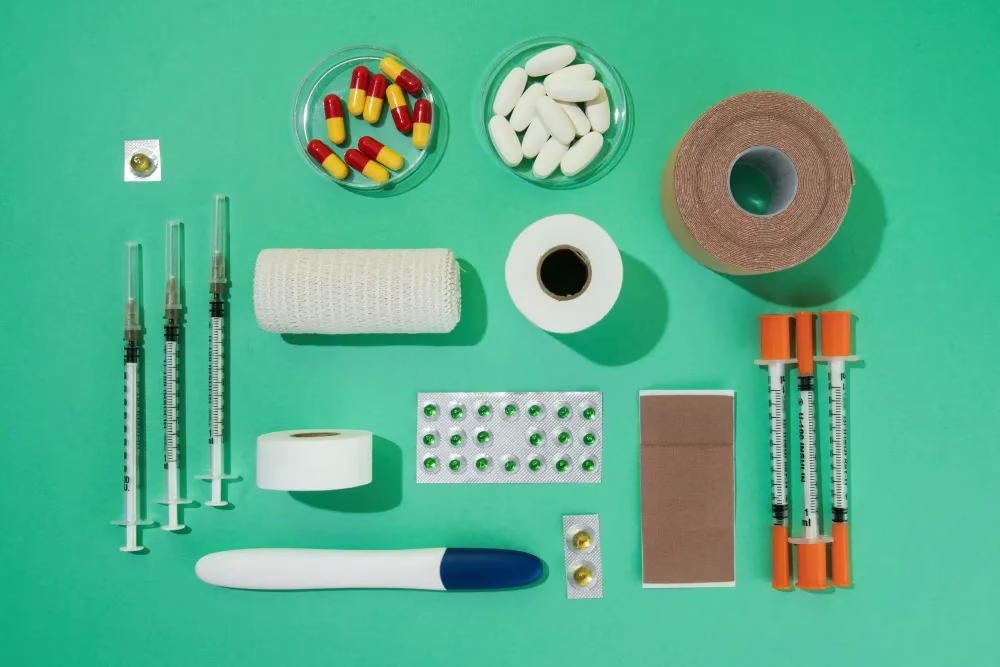
Regulatory Insights for Drugs, Biologics, and Medical Devices: A Roadmap to FDA Approval
Navigating the regulatory landscape of the U.S. Food and Drug Administration (FDA) can feel like traversing a maze filled with complex pathways, checkpoints, and ever-evolving requirements.

Strategies for Running Successful Clinical Trials in the United States: An Expert Guide
Conducting clinical trials in the USA is a highly regulated and strategically complex process that requires detailed planning, regulatory expertise, and operational excellence.

Compliance Auditing: A Look at Common Critical Findings
In today’s highly regulated life sciences industry, compliance auditing plays a vital role in ensuring that companies meet FDA, EMA, and other global regulatory standards.

FDA Pre-IND Meetings: The Key to a Successful 505(b)(2) NDA Submission
Bringing a new drug to market is never a simple process. For companies pursuing the 505(b)(2) New Drug Application (NDA) pathway, early regulatory strategy is just as important as scientific innovation

Navigating FDA Regulations on Clinical Trials: Insights from a Seasoned Expert
Clinical trials are intricate, multi-year endeavors demanding meticulous planning, vast resources, and unwavering ethical oversight to rigorously assess new medical interventions in humans.

Clinical Trials of Tomorrow: Why Patient-Centric Endpoints Are Crucial for Study Success
The field of clinical trials is undergoing a profound transformation, with increasing recognition that patient perspectives are essential to evaluating the true impact of treatments.

How to Avoid Common Compliance Issues in Regulatory Submissions
For pharmaceutical and medical device companies, regulatory compliance isn’t just paperwork. It’s essential to ensuring the safety, effectiveness, and success of your products.

Best CRO Services to Accelerate Drug Development and FDA Submissions
Clinical trials represent one of the most challenging and resource-intensive aspects of drug, biologic, and medical device development.

Advancing Osteoarthritis Care: Insights from U.S. Clinical Studies and Trial Optimization Strategies
Osteoarthritis, the most common form of arthritis, affects over 32 million Americans, causing debilitating joint pain and mobility loss. As the population ages, the demand for effective treatments intensifies.
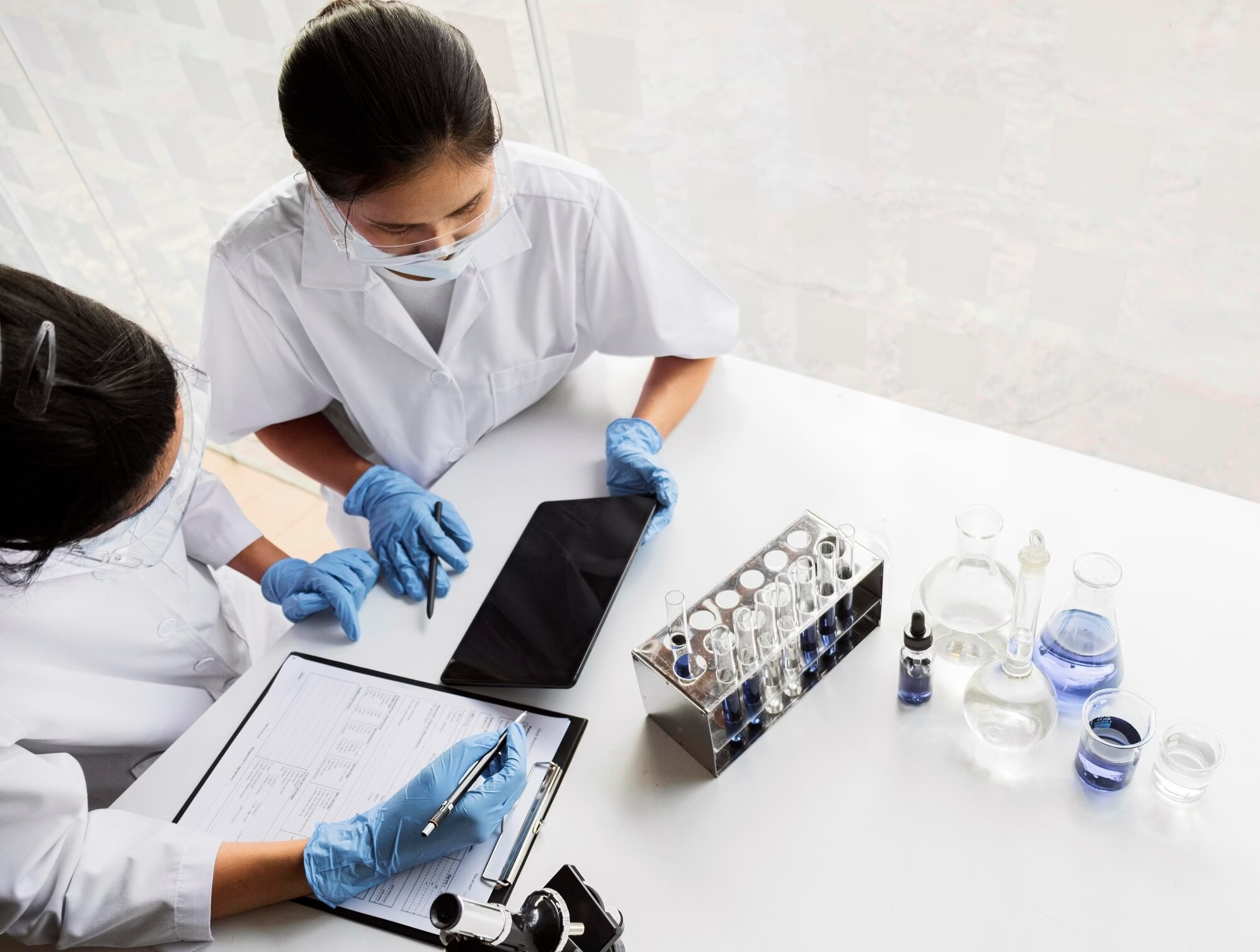
Understanding the Vital Role of Preclinical Studies in Drug Development
Preclinical studies form the backbone of drug development, laying the groundwork for safe and effective therapies before they reach human trials.
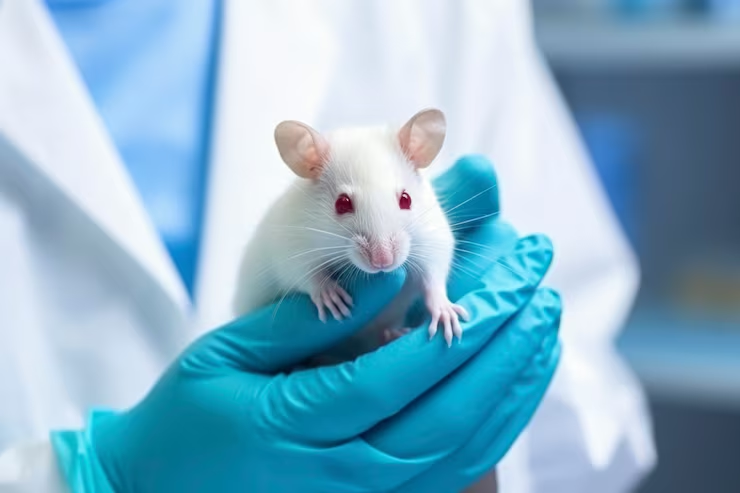
The Role of Animal Testing in Preclinical Drug Research
Drug development is one of the most resource-intensive and highly regulated processes in modern science.
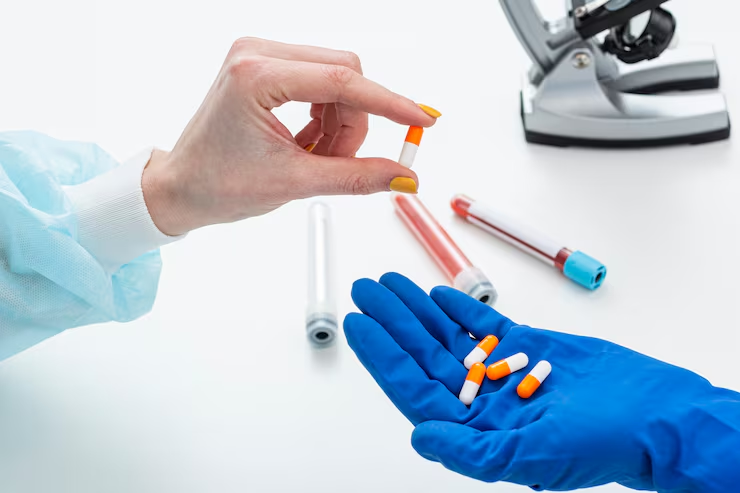
Tackling the Hurdles in Phase 1 Drug Trials: Challenges and Real-World Fixes
Phase 1 clinical trials are that nerve-wracking first leap where a new drug finally gets tested in actual humans. It’s the bridge from lab experiments on animals or cells to bigger studies with patients.
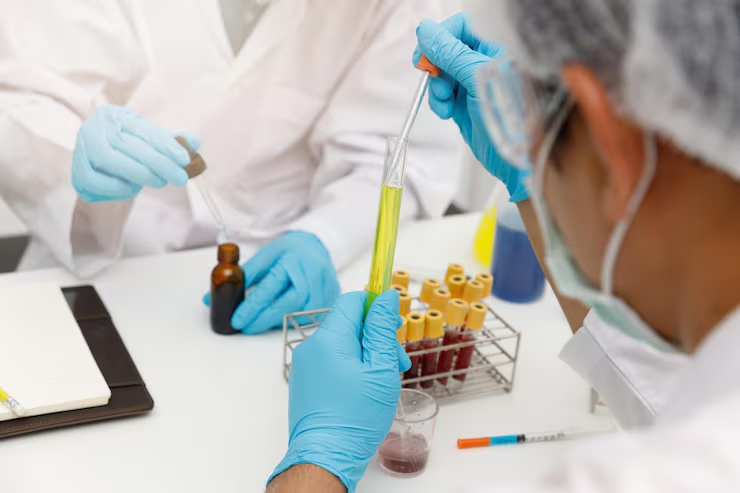
Phase 1 Clinical Trials: Ensuring Safety in Human Subjects
Phase 1 clinical trials represent the crucial first step in bringing a new medicine from the laboratory into the hands of patients. After extensive preclinical research, which involves laboratory experiments and animal studies, the investigational drug must be tested in humans to determine if it is safe.
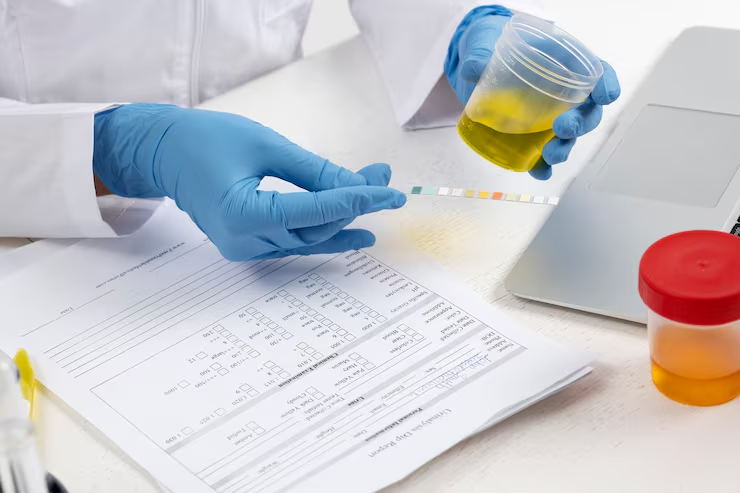
Phase 2 Clinical Trials: Testing Efficacy and Dosage
Once a new drug safely clears Phase 1 trials, it moves into Phase 2 clinical trials—a critical stage where researchers test how well the drug actually works in patients with the targeted condition. This is where efficacy testing and dose optimization take center stage.

Designing Effective Phase 2 Studies for New Therapies
After a new treatment successfully completes Phase 1 safety testing, researchers move into the next critical step—Phase 2 clinical trials. This stage focuses on discovering whether the therapy actually works in patients and what the ideal dosage should be

Overcoming Patient Recruitment Hurdles in Phase 2 Clinical Studies
Recruiting patients for clinical trials has always been a challenging part of medical research and this challenge becomes even more significant during Phase 2 clinical trials.

Analyzing Data from Phase 2 Clinical Trials
When a new treatment reaches Phase 2 clinical trials, researchers have already confirmed that it’s safe for humans in small doses.

Adaptive Designs in Phase 3 Clinical Trials: Enhancing Efficiency
The landscape of clinical research is undergoing a significant transformation, driven by the increasing adoption of adaptive designs in Phase 3 clinical trials.
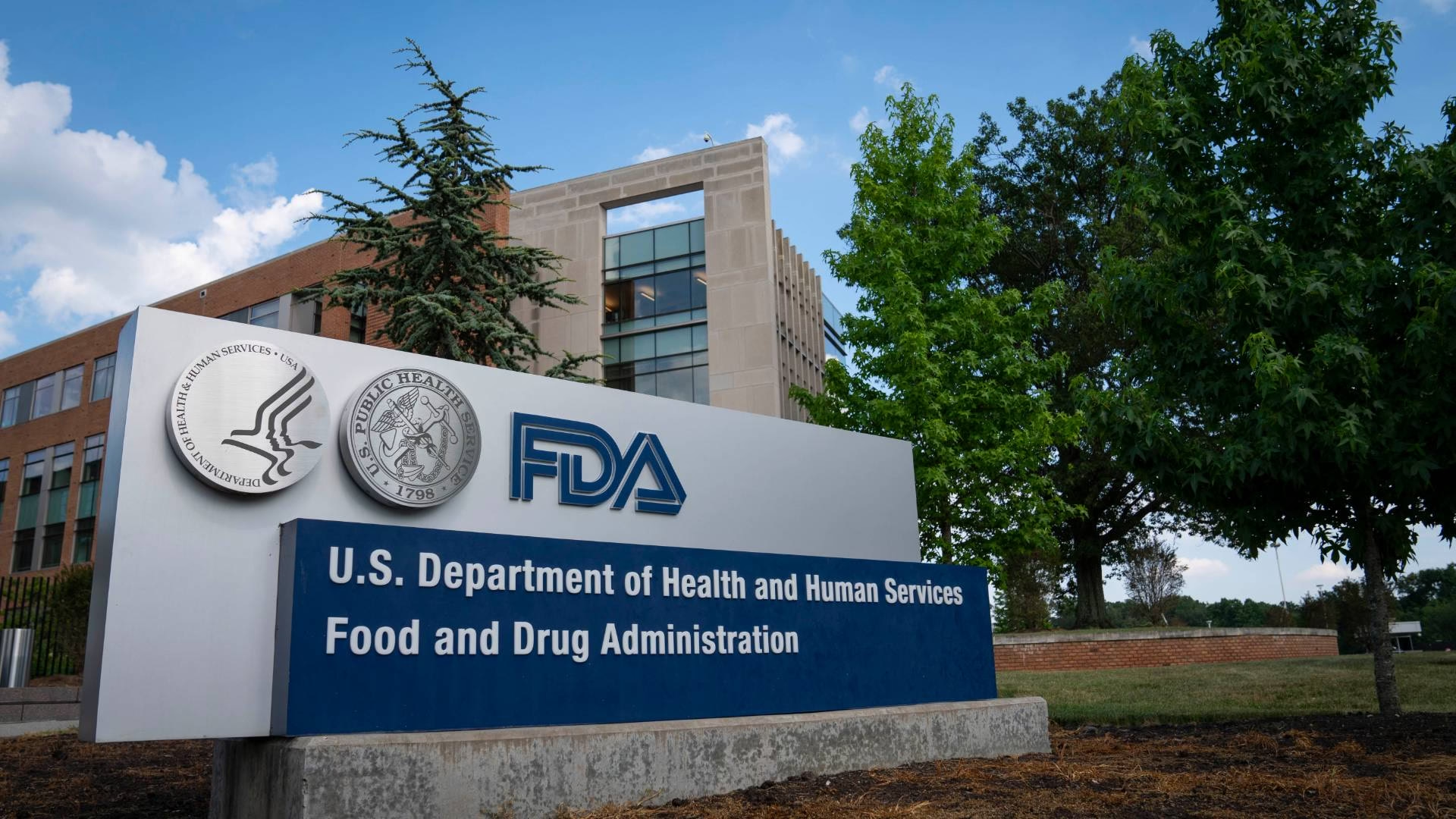
Mastering FDA Regulatory Affairs and Compliance:
In today’s highly regulated life sciences industry, achieving and maintaining FDA compliance is non-negotiable. Whether your organization develops small-molecule drugs, complex biologics, or innovative medical devices, a single regulatory misstep can delay market entry, trigger costly recalls, or damage corporate reputation.

Writing Effective FDA Technical Documents: Principles for Approval-Ready Submissions
Clear, precise, and scientifically robust technical writing is the foundation of successful FDA submissions. Poorly written documents delay reviews, trigger Information Requests, and increase Complete Response Letters.
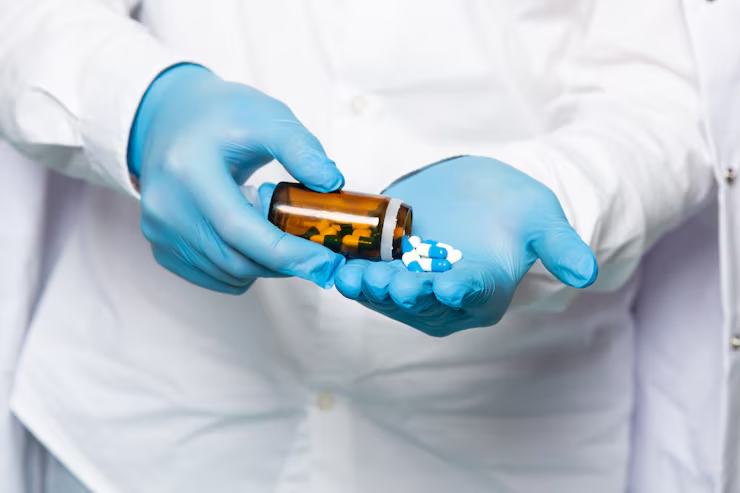
Global Perspectives on Phase 3 Clinical Trials and Drug Approval Processes
Before a new medicine reaches patients around the world, it must pass one of the most demanding checkpoints in medical research — the Phase 3 clinical trial
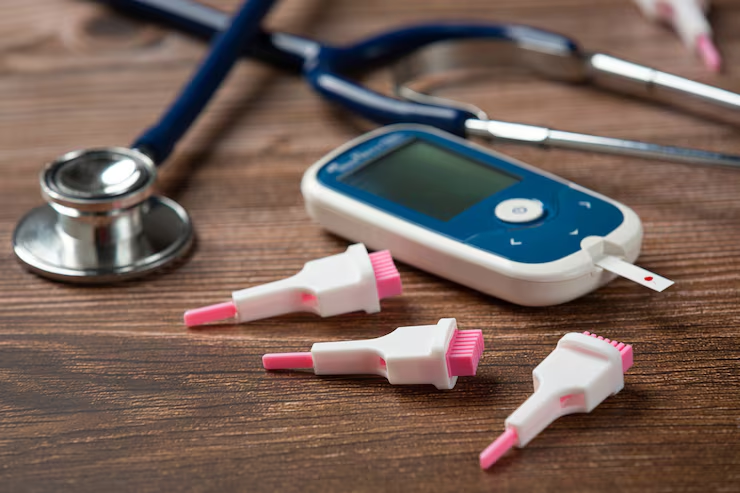
FDA 510(k) Approval: A Real-World Guide for Innovators Bringing Medical Devices and SaMD to Market
If you’re building a medical device or a software-based medical device (SaMD), you already know how much passion, engineering, and sleepless nights go into creating something that can genuinely help patients.
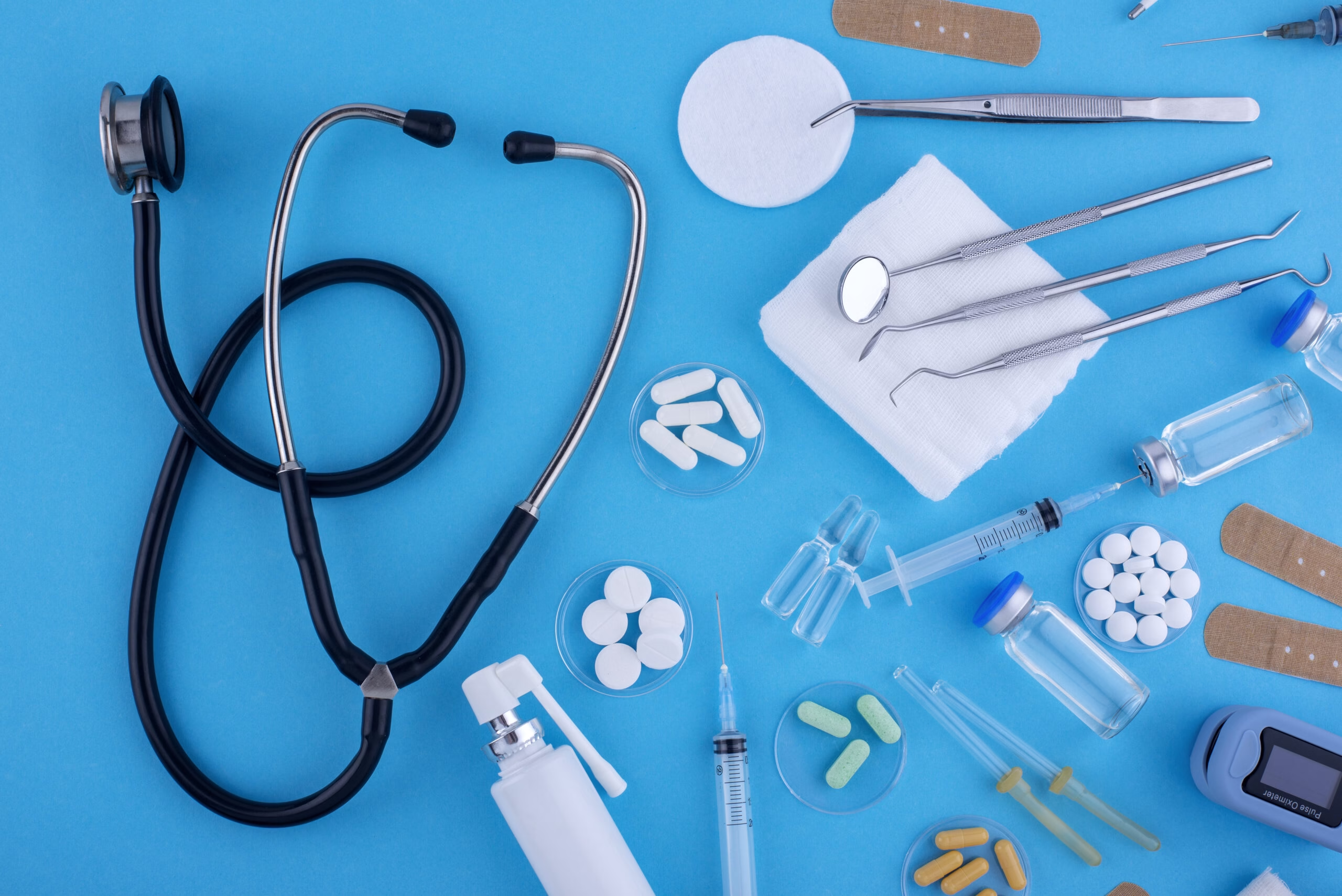
A Comprehensive Guide to Clinical Trials for Medical Devices and Diagnostics
Clinical trials for medical devices and diagnostics play a pivotal role in demonstrating safety, performance, and clinical effectiveness before a product can be submitted to the FDA for marketing approval.

Cost Management in Large-Scale Phase 3 Studies: A Practical Guide for Sponsors
Reaching Phase 3 is a pivotal milestone in any drug-development program. It signals that a therapy has demonstrated meaningful potential – but it also marks the beginning of one of the most financially demanding stages of clinical research.
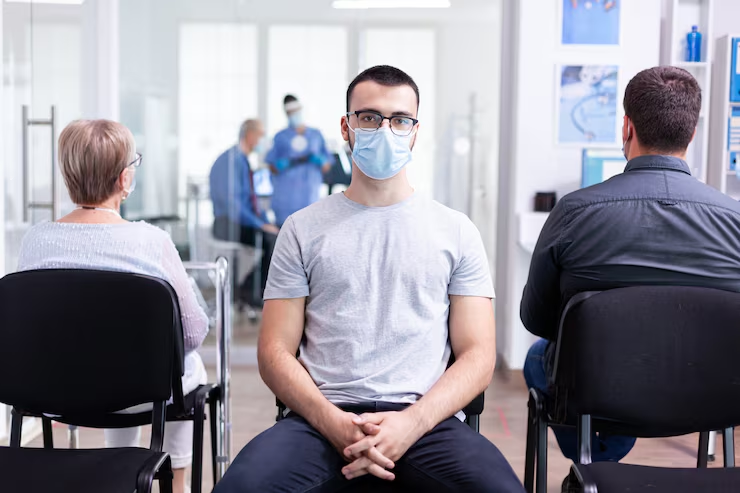
Patient-Centric Approaches in Phase 3 Trial Recruitment
Recruiting patients for Phase 3 clinical trials has long been one of the most complex and time-consuming challenges in drug development.

Radical Transparency: Navigating the FDA’s Public CRLs in the New Regulatory Era
The FDA regulatory landscape is currently undergoing a seismic shift toward an era of unprecedented radical transparency
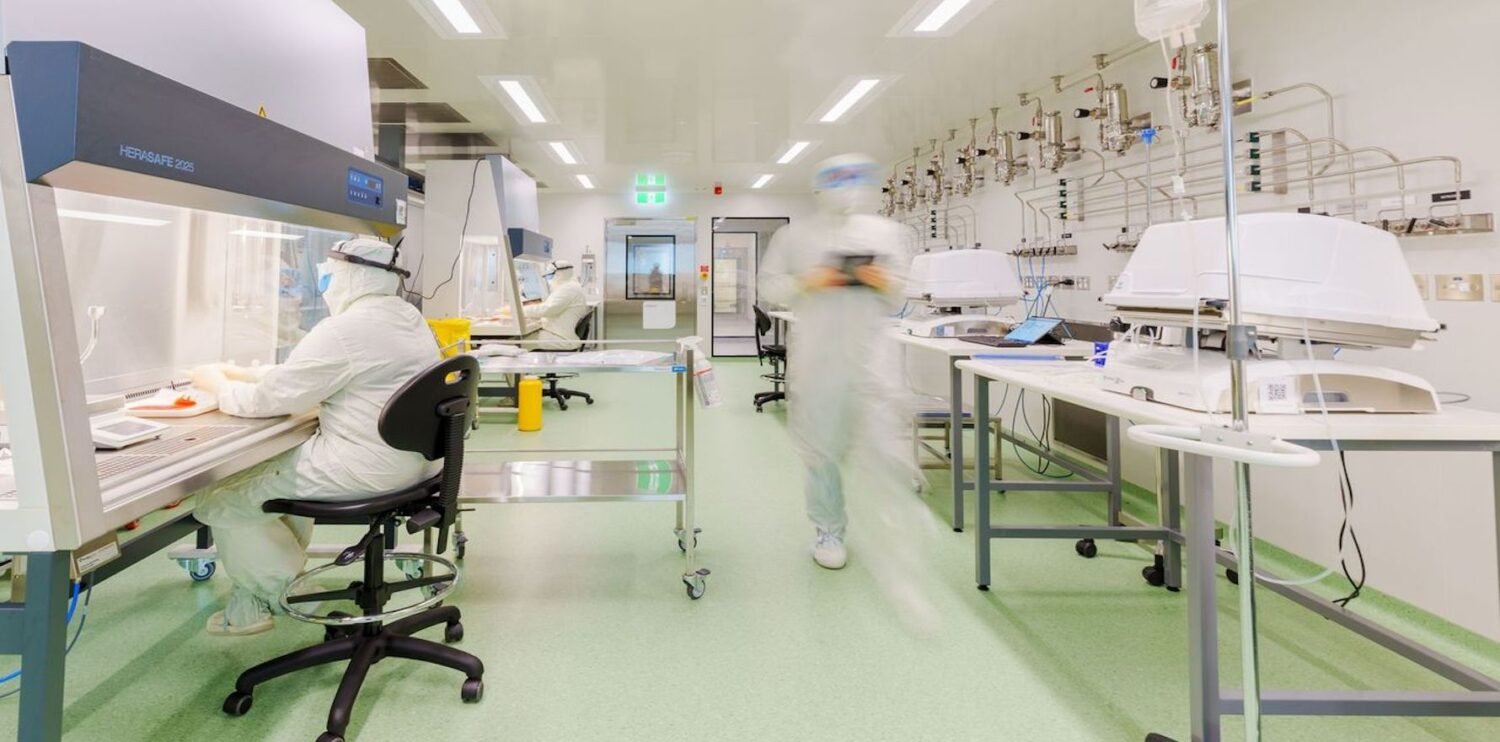
The New Era of CAR-T Manufacturing: Navigating FDA’s 2026 CMC Flexibility
The landscape of Chimeric Antigen Receptor (CAR) T-cell therapy has always been a regulatory paradox. While the clinical results are often nothing short of miraculous, the manufacturing process remains one of the most complex hurdles in modern medicine.

Navigating the Future of Drug Development: Why Adaptive Clinical Trials Are a Game Changer
The landscape of clinical research is undergoing a seismic shift. For decades, the “gold standard” was the fixed, randomized controlled trial

Breaking Down Borders: The Strategic Role of a U.S. Agent in FDA Compliance
For international manufacturers looking to enter the American market, the United States Food and Drug Administration (FDA) can seem like a daunting fortress. Between rigorous quality standards, complex filing systems like FURLS, and strict submission timelines, the logistical barriers are significant.

Mastering the Investigator’s Brochure: A Guide to Clinical Compliance and Clarity
In the complex landscape of clinical research, the Investigator’s Brochure (IB) stands as one of the most critical documents in a drug developer’s portfolio. Often described as the “living pulse” of a clinical program, the IB is much more than a regulatory requirement; it is a vital safety communication tool that bridges the gap between laboratory data and bedside patient care.
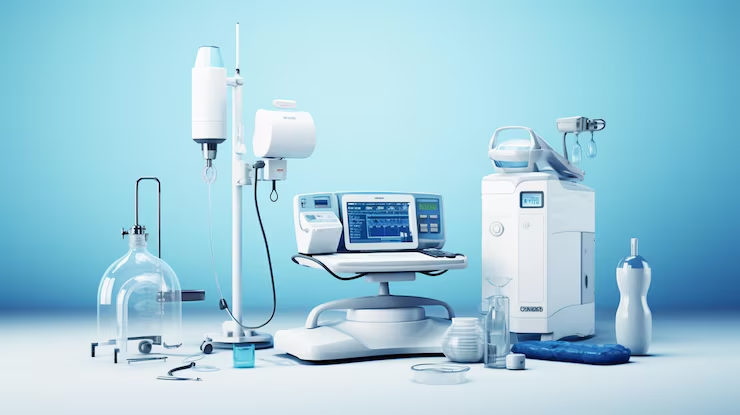
Navigating the Maze: A Guide to FDA Medical Device Import and Export Regulations
The global medical device market offers immense opportunities for growth, but moving products across the U.S. border is far from a simple logistical task. Whether you are bringing innovative technology into the American healthcare system or expanding a U.S.-made product to international markets, you are entering a highly regulated environment governed by the FDA and U.S. Customs.

Visualizing Compliance: How Flowcharts Can Transform Your SOPs
In the highly regulated world of Life Sciences, Standard Operating Procedures (SOPs) are the backbone of quality and consistency. However, a common problem persists across the industry: SOPs that are too dense, overly wordy, and difficult to follow.

Navigating the Gray Area: The New Paradigm of FDA Off-Label Communication
For decades, the boundary between “approved labeling” and “off-label promotion” was a rigid line that pharmaceutical and medical device manufacturers crossed at their own peril. However, the regulatory landscape is shifting.

Precision in Pharmacovigilance: Navigating Current FDA Safety Reporting Rules
In clinical research, the safety of human subjects is the highest priority. However, ensuring that safety is “documented and reported” correctly is where many sponsors and investigators face their toughest challenges.

Beyond the Audit Panic: Building a Culture of BIMO Inspection Readiness
In clinical research, few phrases trigger as much anxiety as “The FDA is here for a BIMO inspection.” Bioresearch Monitoring (BIMO) audits are the ultimate test of a trial’s integrity, focusing on two non-negotiable pillars:
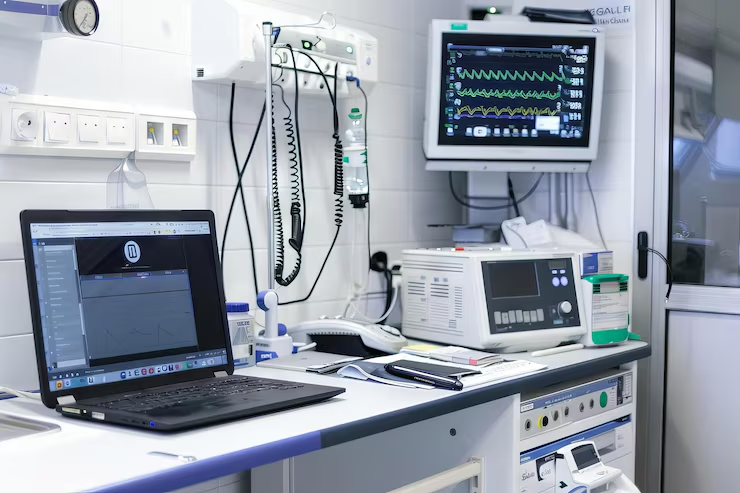
Why Cybersecurity and Penetration Testing Are Now Mission-Critical for FDA-Regulated Companies
The pharmaceutical, biotechnology, and medical device industries have always operated under intense regulatory scrutiny.

Securing the Source: Raw Materials Risk Management in GMP Facilities
In a Good Manufacturing Practice (GMP) environment, the quality of the finished product is only as good as the materials used to create it.

The New Gold Standard: Why "Minimum" GMP Compliance Is No Longer Enough
For decades, the pharmaceutical and medical device industries have viewed Quality through a binary lens: you are either compliant or you are not.

The Auditor at the Door: How to Withstand an FDA Inspection with Confidence
Prepare your facility for the FDA. Learn how to manage the “Front Room,” train staff for interviews, and avoid 483 observations in our expert-led webinar.

AI-Enhanced SOP Flowcharts: Transforming Compliance, Clarity, and Control
Manual SOPs create errors, delays, and compliance risks. See how AI-Enhanced SOP Flowcharts bring clarity, automation, and control to complex processes.

Pragmatic Clinical Trials: Bridging the Gap Between Research and Real-World Care
Learn how Pragmatic Clinical Trials (PCTs) provide the real-world evidence regulators and payers demand. Master the PRECIS-2 tool and design more generalizable studies.
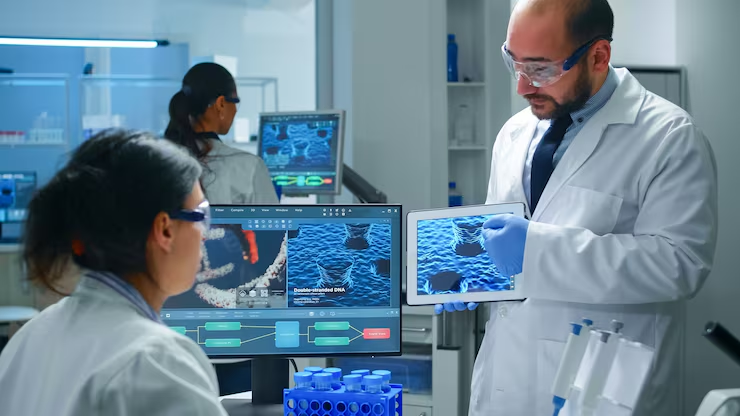
The Digital Revolution: Navigating the FDA’s Stance on Synthetic Data
Explore the FDA’s current stance on synthetic data. Learn how digital twins and in silico evidence are accelerating clinical trials and reducing the need for placebo arms.

Navigating GTP and GMP for Human Cells and Tissue Products (HCT/Ps)
Master the dual requirements of 21 CFR 1271 and cGMP for human cells and tissue products. Learn donor eligibility and processing controls in our expert webinar.

From Reactive to Proactive: Building a Modern Regulatory Intelligence System
Stop reacting to FDA updates. Learn how to build a modern Regulatory Intelligence (RI) system, automate surveillance, and use predictive analytics for compliance.

The Digital Tightrope: Navigating Social Media for FDA-Regulated Products
Navigating FDA rules for social media. Learn about fair balance, influencer marketing, and managing user comments for pharma and med-tech in our expert webinar.

Streamlining the Pivot: Making Efficient, FDA-Compliant Clinical Protocol Amendments
Learn how to manage clinical trial amendments without the high cost of delays. Master substantial vs. administrative changes and FDA submission best practices in our webinar.

The R2 Revolution: Transforming CMC Summaries into Regulatory Assets
Master the ICH M4Q(R2) revolution. Learn how to use QbD and Established Conditions (ECs) to build CMC summaries that accelerate FDA approval and post-approval flexibility.
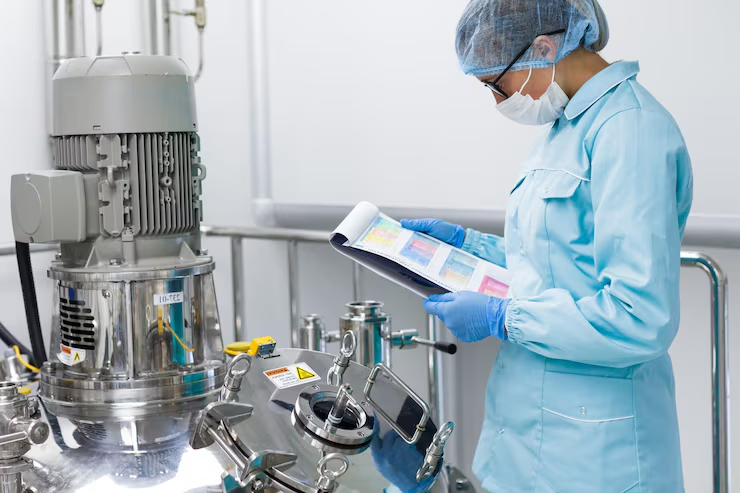
Scaling the Summit: FDA Regulatory Strategies for Small and Medium Companies
Master the FDA approval process for small and medium companies. Learn about fee waivers, expedited pathways, and lean compliance strategies in our expert webinar.

The Bayesian Shift: Implementing the 2026 FDA Guidance for Modern Clinical Trials
Master the 2026 FDA Bayesian guidance. Learn how to use informative priors, external borrowing, and pediatric extrapolation to accelerate your clinical trial approval.

Beyond the Contract: Auditing CROs and Vendors for Data Integrity
Protect your clinical trial data. Learn how to audit a CRO, design high-impact RFPs, and enforce Quality Agreements to prevent data integrity issues with our expert webinar.

When Your Supplier Gets Acquired: Managing Regulatory Continuity During M&A Activity
Learn how to protect your supply chain when a vendor is acquired. Master Change Control, Quality Agreement updates, and FDA continuity strategies in our expert webinar.

The AI Revolution in Regulatory Affairs: Navigating Uses, Risks, and FDA Expectations
Master the use of AI in Regulatory Affairs. Learn about the FDA’s Predetermined Change Control Plan (PCCP), algorithm validation, and AI compliance risks in our webinar.


